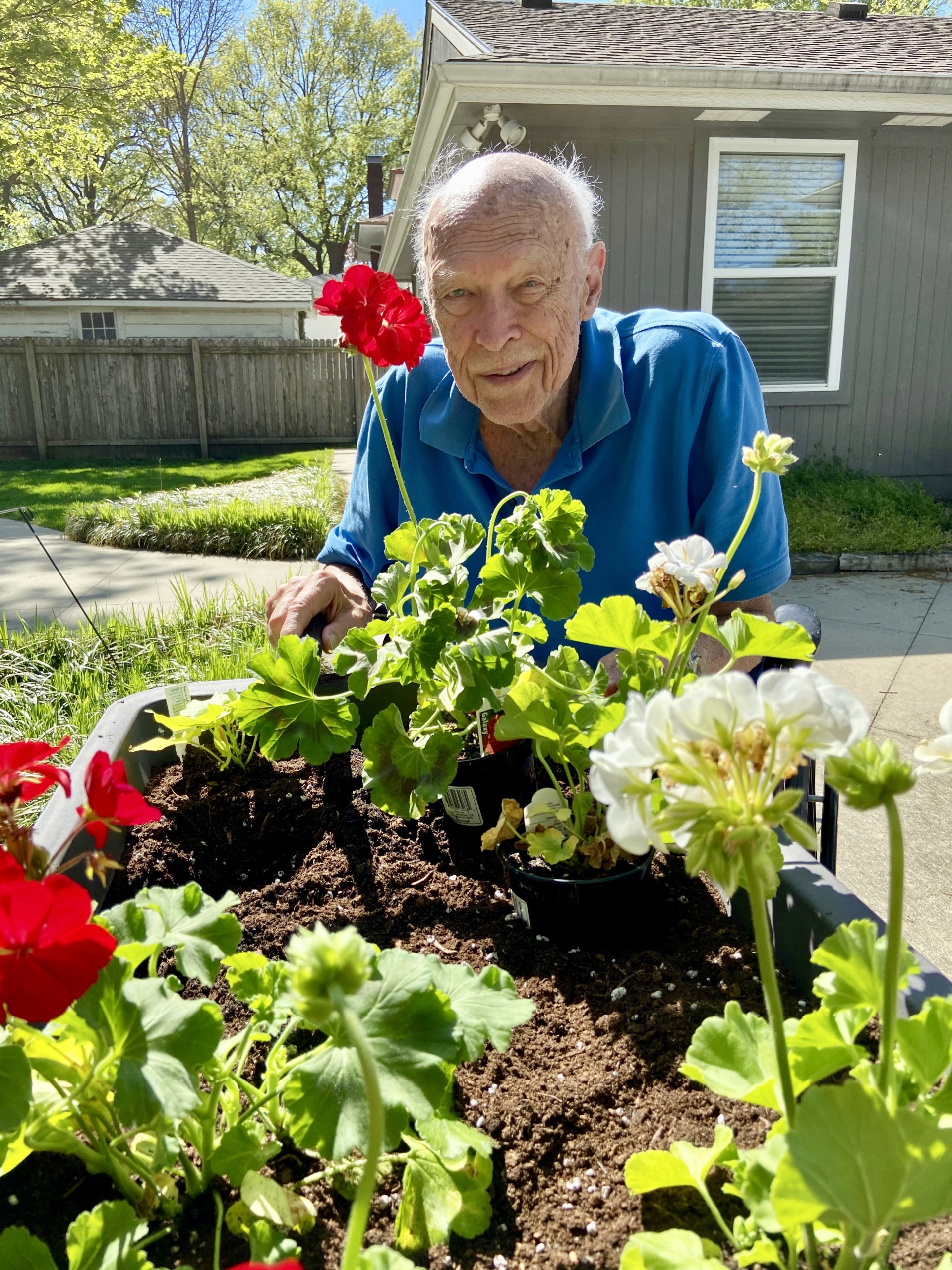Charlotte Memory Care: Specialized Take care of Alzheimer's and Dementia
Charlotte Memory Care: Specialized Take care of Alzheimer's and Dementia
Blog Article
Producing a Safe and Helpful Setting: In-Home Memory Care Basics
Developing a safe and secure and nurturing atmosphere for people calling for in-home memory care is vital to their health and high quality of life. From making sure security within the space to utilizing effective communication techniques and executing memory-friendly design components, there are vital components that add to an all natural care approach. By focusing on developing an encouraging environment that caters to the special needs of those with memory problems, caregivers can substantially improve the everyday experiences of their loved ones.

Safe Living Setting
Producing a hazard-free and safe and secure living environment is paramount when giving in-home memory treatment for people with cognitive disabilities. Guaranteeing the safety of the specific with memory loss is essential to stop mishaps and advertise a feeling of wellness.
Furthermore, using technology such as activity sensing units and alarm systems can alert caregivers if the private wanders or is in distress. By prioritizing safety and security actions and getting rid of possible hazards, caregivers can give a secure and helpful setting for individuals with cognitive impairments obtaining at home memory care.
Efficient Communication Strategies
Carrying out tailored interaction techniques is crucial in promoting purposeful interactions with people with cognitive disabilities in the context of at home memory care. Reliable interaction plays an important role in creating a supportive setting that enhances the well-being and lifestyle for individuals with memory issues. When interacting with a person experiencing cognitive decline, it is essential to use clear and simple language, maintain a calm and favorable tone, and offer aesthetic signs to help understanding.
One secret technique is to exercise energetic listening, showing compassion, patience, and regard during conversations. Non-verbal cues such as face expressions and body language can also aid communicate understanding and support. Furthermore, using reminiscence therapy by using or reviewing previous experiences music and art can tap right into long-lasting memories, boosting and triggering links interaction.
Additionally, integrating regular regimens and consistent communication patterns can give a sense of experience and safety and security for people with memory impairments. By applying these interaction techniques, caretakers can establish purposeful links and advertise a feeling of comfort and trust in the at home memory care setup.
Memory-Friendly Layout
Offered the relevance of developing a supportive setting for people with memory problems through effective interaction techniques, the consolidation of memory-friendly style components in the home comes to be important in maximizing their day-to-day experiences and total wellness. Memory-friendly layout concentrates on improving safety, comfort, and independence for people with cognitive disabilities. Easy modifications can make a considerable distinction, such as using contrasting shades to enhance exposure and minimize confusion, incorporating clear signs to help navigation, and minimizing clutter to stop sensory overload.
Including acquainted elements from the person's past, such as individual pictures or preferred things, can evoke positive memories and create a feeling of knowledge. By integrating these memory-friendly layout elements, caretakers can give a supportive and safe living room go that makes it possible for individuals with memory issues to preserve their self-reliance and high quality of life. Charlotte Memory Care.
Daily Routine Preparation
When developing a daily regimen for people with memory issues, careful planning is necessary to sustain their cognitive function and general health. Developing an organized schedule can help in reducing disorientation, complication, and anxiousness typically experienced by those with memory impairments. Begin by including acquainted tasks that straighten with the person's interests and preferences. Uniformity in everyday regimens can offer a sense of protection and stability, helping in the conservation of cognitive capabilities.
It is vital to permit sufficient time for each task, decreasing the requirement to rush and preventing potential frustration. Basic jobs like dish times, individual care, medication administration, and workout needs to be integrated into the regimen. Additionally, incorporating normal periods of rest and leisure can stop exhaustion and agitation. Flexibility is essential, as some days may call for changes based upon the individual's mood and power levels. Frequently assessing and adapting the daily timetable will aid ensure its performance in advertising a positive and soothing atmosphere for individuals with memory challenges.
Assistance System Implementation
Establishing a robust network of helpful people plays a critical role in boosting the top quality of care and well-being for people needing memory assistance. Relative, friends, health care experts, and community resources can all add to producing a solid support system. Communication among these individuals is important to ensure that the needs of the specific with memory obstacles are met effectively.
Family members are usually the main caregivers and develop the backbone of the support group. They supply day-to-day treatment, emotional assistance, and friendship. It is essential for member of the family to look for support and reprieve when required to stop exhaustion and make certain the very best feasible take care of their loved one.
In enhancement to family members assistance, involving medical care experts such as specialists, registered nurses, and medical professionals can supply customized treatment and support. These specialists can offer useful understandings, clinical guidance, and support in handling the individual's problem.

Conclusion
To conclude, developing a safe and supportive environment for individuals with memory treatment needs is essential for their health. By developing a risk-free living setting, making use of efficient communication approaches, incorporating memory-friendly style components, intending check it out day-to-day regimens, and executing a strong support group, caretakers can aid improve the quality of life for those with amnesia. These necessary official source parts work together to produce a nurturing and equipping environment that advertises independence and boosts total lifestyle.
Producing a secure and hazard-free living environment is critical when giving in-home memory treatment for people with cognitive problems. By focusing on safety and security actions and eliminating possible risks, caregivers can provide a helpful and protected setting for people with cognitive disabilities getting in-home memory care.
Establishing a durable network of supportive people plays an essential role in boosting the high quality of treatment and wellness for people needing memory support - Charlotte Memory Care. Communication amongst these people is necessary to guarantee that the needs of the specific with memory obstacles are satisfied efficiently

Report this page